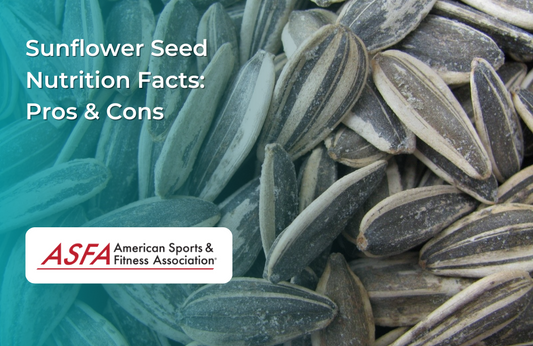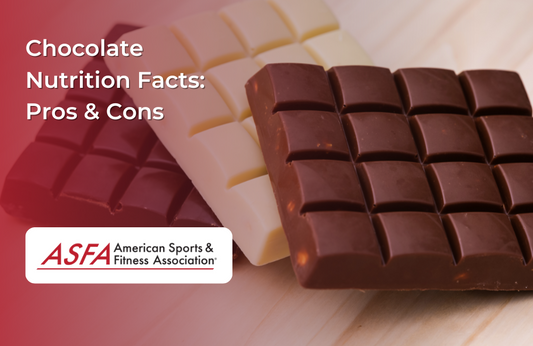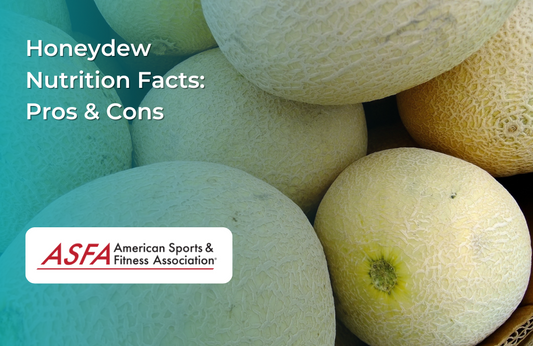Sunflower seeds are a nutrient-dense snack packed with healthy fats, protein, fiber, and essential vitamins and minerals. They offer numerous health benefits, particularly for heart health, energy levels, and immune function. However, they are also calorie-dense and may contain added sodium in processed varieties. Understanding the pros and cons helps in making informed dietary choices.
Sunflower Seed Nutrition Facts: Pros and Cons of Eating Sunflower Seeds
What are Sunflower Seeds?
Sunflower seeds are the edible seeds of the sunflower plant (Helianthus annuus), cherished not only for their delightful crunch but also for their impressive nutritional profile. These seeds are a popular snack and a versatile ingredient in various recipes. Packed with healthy fats, protein, and fiber, sunflower seeds are a powerhouse of essential nutrients. They are particularly rich in vitamin E, which acts as a potent antioxidant, and minerals like selenium and magnesium that support overall health. Whether you enjoy them on their own or as part of a dish, sunflower seeds are a delicious way to boost your nutrient intake.
Nutritional Value
Sunflower seeds are a nutrient-dense food that offers a range of health benefits. A one-ounce serving (about a quarter cup) of dry roasted sunflower seeds provides:
-
6 grams of protein
-
14 grams of fat, predominantly healthy fats
-
2 grams of fiber
-
10% of the daily value (DV) for vitamin E
-
20% of the DV for selenium
-
10% of the DV for magnesium
In addition to these, sunflower seeds are a good source of other essential vitamins and minerals, including vitamin B1, vitamin B6, and copper. This nutrient-rich profile makes sunflower seeds an excellent addition to a balanced diet, supporting everything from heart health to immune function.
High in Healthy Fats and Heart-Friendly Nutrients
Sunflower seeds are rich in unsaturated fats, particularly monounsaturated and polyunsaturated fats, which help:
-
Reduce bad cholesterol (LDL) and improve heart health.
-
Support brain function and hormone production.
Regular nut and seed consumption, including sunflower seeds, is linked to reduced inflammatory markers, lower risks of heart disease and type 2 diabetes, and overall health improvements.
Excellent Source of Plant-Based Protein
These seeds provide plant-based protein, making them a great option for vegetarians and those looking to support muscle repair and growth.
Additionally, chia seeds are another excellent source of plant-based protein, offering natural nutrients that contribute to a healthy diet and sustained energy levels.
Rich in Antioxidants
Sunflower seeds contain powerful antioxidants, including:
-
Vitamin E – Protects cells from oxidative damage and supports skin health.
-
Selenium – Boosts immune function and reduces inflammation.
Shelled sunflower seeds are easier to eat and incorporate into various dishes, providing important nutritional benefits without the risk of dental issues associated with shell consumption.
Supports Heart and Blood Sugar Health
The magnesium, potassium, and fiber in sunflower seeds help:
-
Regulate blood pressure and reduce heart disease risk.
-
Stabilize blood sugar levels by slowing glucose absorption.
Incorporating sunflower seeds into a healthy diet can support blood sugar control and overall nutrition.
Aids Digestion with Fiber
Sunflower seeds contain dietary fiber, which supports gut health, digestion, and regular bowel movements. Additionally, when you consume sunflower seeds, you benefit from their role in supporting immune function, reducing inflammation, and lowering the risk of chronic diseases such as heart disease and type 2 diabetes.
Provides Essential Vitamins and Minerals
Sunflower seeds are rich in:
-
B Vitamins (including folate and niacin) – Support metabolism and brain function.
-
Iron – Helps transport oxygen in the blood, preventing fatigue.
-
Magnesium – Plays a role in muscle relaxation and energy production.
Sunflower kernels, which are de-hulled sunflower seeds, offer these essential nutrients and are a fresh, whole food ingredient that contrasts with processed alternatives.
Bone Health
Sunflower seeds are a fantastic source of several nutrients crucial for maintaining strong bones. They contain calcium, magnesium, and phosphorus, all of which are essential for bone health and preventing conditions like osteoporosis. Additionally, the vitamin E and selenium in sunflower seeds contribute to overall health by reducing inflammation and protecting cells from damage. Including sunflower seeds in your diet can help ensure you get these vital nutrients, supporting not just your bones but your entire body.
Cons of Eating Sunflower Seeds
High in Calories and Easy to Overeat
Sunflower seeds are calorie-dense, meaning eating large portions can lead to excess calorie intake, which may contribute to weight gain if not moderated.
Can Be High in Sodium (Salted Varieties)
Many packaged sunflower seeds, especially salted sunflower seeds, are salted or flavored, which increases sodium intake and may contribute to high blood pressure. Choosing unsalted or lightly salted versions is a healthier option.
May Contain Unhealthy Additives in Processed Forms
Some flavored or roasted sunflower seeds contain added oils, artificial flavors, and preservatives, which reduce their overall health benefits.
Potential for Digestive Discomfort
Due to their fiber content, consuming large amounts of sunflower seeds may cause bloating, gas, or digestive discomfort in some individuals.
Shell Fragments Can Be a Choking Hazard
Eating sunflower seeds with the shells may pose a choking risk or cause dental issues if not properly chewed. Always discard shells before consumption.
Allergies and Intolerances to Sunflower Seeds
While sunflower seeds are generally safe and nutritious, some individuals may experience allergies or intolerances. Symptoms of a sunflower seed allergy can range from mild, such as hives and itching, to severe, including swelling and difficulty breathing. If you notice any of these symptoms after eating sunflower seeds, it’s important to seek medical attention immediately. Additionally, some people might experience digestive discomfort, such as bloating or gas, after consuming sunflower seeds. If you have a known sunflower seed allergy or experience digestive issues, it’s best to consult with a healthcare professional before adding them to your diet.
Tips for Incorporating Sunflower Seeds into Your Diet
Here are some tips for incorporating sunflower seeds into your diet:
-
Eat them as a snack: Sunflower seeds make a great snack on their own or as part of a trail mix.
-
Add them to salads: Sprinkle sunflower seeds on salads for a crunchy texture and a boost of nutrition.
-
Use them in baking: Substitute sunflower seeds for nuts in baked goods like muffins and bread.
-
Sprinkle them on yogurt or oatmeal: Add sunflower seeds to yogurt or oatmeal for extra protein and healthy fats.
-
Make sunflower seed butter: Sunflower seed butter is a delicious alternative to peanut butter and can be made by grinding sunflower seeds in a food processor.
Remember to choose unsalted sunflower seeds to avoid excessive sodium intake and be mindful of portion sizes, as sunflower seeds are high in calories. By incorporating these tips, you can enjoy the numerous health benefits of sunflower seeds as part of a balanced diet.
Conclusion
Sunflower seeds are a nutrient-dense, heart-healthy snack that provides protein, fiber, antioxidants, and essential minerals. However, their high calorie content, sodium in processed varieties, and potential digestive effects require mindful consumption. Choosing unsalted, minimally processed sunflower seeds and eating them in moderation ensures maximum health benefits.
FAQs
Are sunflower seeds good for weight loss?
Yes, they provide protein, fiber, and healthy fats that promote satiety, but portion control is important due to their high calorie content.
How many sunflower seeds should I eat per day?
A small handful (about 1 ounce or ¼ cup) is a good serving size to enjoy the benefits without excessive calorie intake.
Are raw or roasted sunflower seeds healthier?
Raw sunflower seeds retain more nutrients, while roasted versions may have added oils or sodium. Choosing dry-roasted, unsalted varieties is a balanced option.
Can sunflower seeds cause digestive issues?
In large amounts, their fiber content may cause bloating or gas in sensitive individuals. Drinking plenty of water helps with digestion.
Are sunflower seeds a good protein source?
Yes, they contain plant-based protein, making them a great addition to vegetarian and vegan diets.





